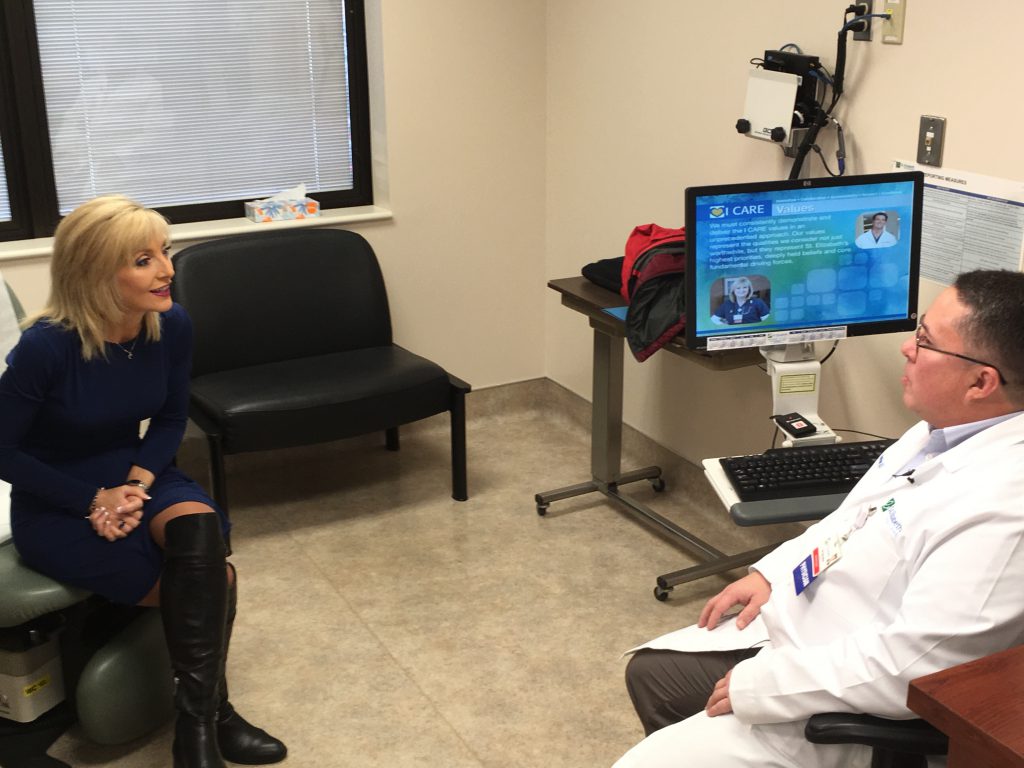Could weight loss surgery help to control your type 2 diabetes – or even take it into remission? A recent study* published by the American Diabetes Association provided much-needed guidance for physicians about using weight loss surgery to treat obese patients with type 2 diabetes.
The new guidelines introduce the use of diabetes-related parameters to help identify patients whose diabetic medical history qualify them for weight-loss surgery. Previously the body mass index (BMI) metric was the main guideline for determining if weight-loss surgery is an appropriate treatment path. For type 2 diabetes patients, these new guidelines could even help make it possible to have your insurance pay for the surgery – a major benefit that was previously not well-defined.
[source: The Diabetes Journals by the American Diabetes Association; June 2016]
The basics of type 2 diabetes
Diabetes occurs when the body develops an insulin resistance – meaning it cannot utilize insulin properly. This causes the body’s glucose levels to rise higher than normal. Symptoms of type 2 diabetes include increased thirst and hunger, weight loss and frequent urination.
Type 1 diabetes is a chronic condition that typically begins in childhood, while type 2 diabetes occurs later in life, oftentimes as a result of lifestyle choices such as obesity and lack of physical activity. Genetics can also play a role in type 2 diabetes.
Bariatric surgery
Weight loss surgery – also known as bariatric surgery – gives patients a smaller storage capacity in their stomach, resulting in less eating. In the past, patients who qualify for this surgery typically:
- Have a body mass index (BMI) of 40 or above.
- BMI of 35 or above with a risk of a serious illness or disorder.
With the introduction of the new American Diabetes Association guidelines, BMI is no longer the single criteria for identifying patients who would benefit from bariatric surgery.
There are different types of bariatric surgery, including gastric bypass, adjustable gastric band and sleeve gastrectomy. The St. Elizabeth Physicians Weight Management Center will discuss each option with you and help you determine if a bariatric surgery is the next right step in your treatment plan.
How can bariatric surgery help?
Bariatric surgery in type 2 diabetes patients is showing promising results. A lot of evidence is showing that weight loss surgery sooner rather than later could be beneficial to type 2 diabetes patients. In addition to altering the patient’s weight, it also makes your tissues more sensitized to insulin.
“Eight out of 10 people with diabetes who have the surgery are either off their medications completely or markedly improved within a year,” says Dr. Ryan Moon, Bariatric Surgeon at St. Elizabeth Physicians Weight Management Center.
Dr. Moon feels that bariatric surgery coupled with a patient’s dedication to eating healthy, embracing an active lifestyle and committing to make healthy choices all contribute to the success of the surgery and the impact on the patient’s diabetes.
It’s not a magical fix, but it is a promising treatment for type 2 diabetes patients who are ready to make a big lifestyle change.
The St. Elizabeth Weight Management Center: we’re here to help
At the St. Elizabeth Physicians Weight Management Center, we are committed to offering our patients a variety of weight management options, as well as personalized programs and support every step of the way. With the right tools in place, we will help you achieve your long-term weight loss goals.
If you have type 2 diabetes and are interested in learning more about if bariatric surgery would be a good fit for you, please call the St. Elizabeth Physicians Weight Management Center at (859) 212-4625.

